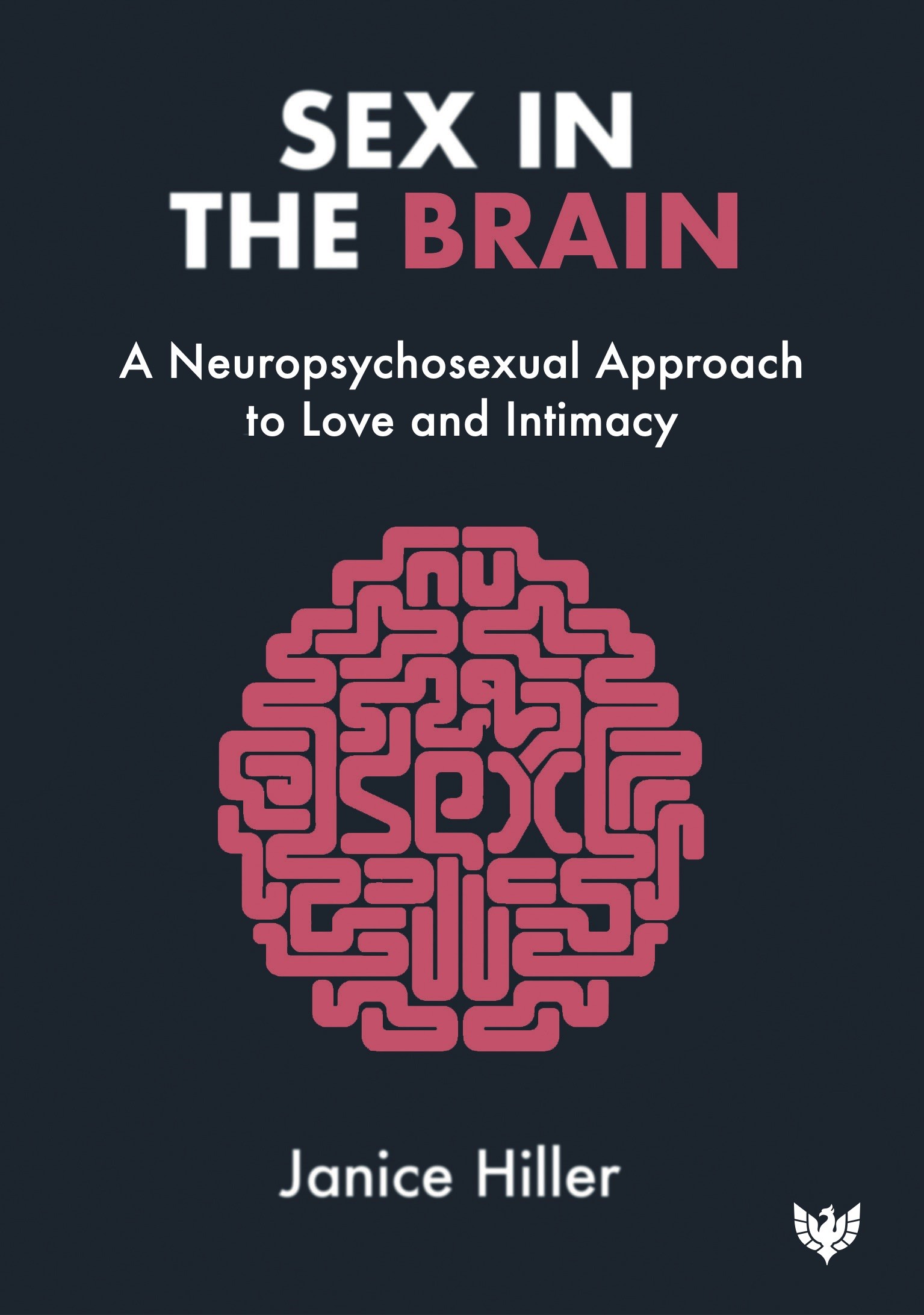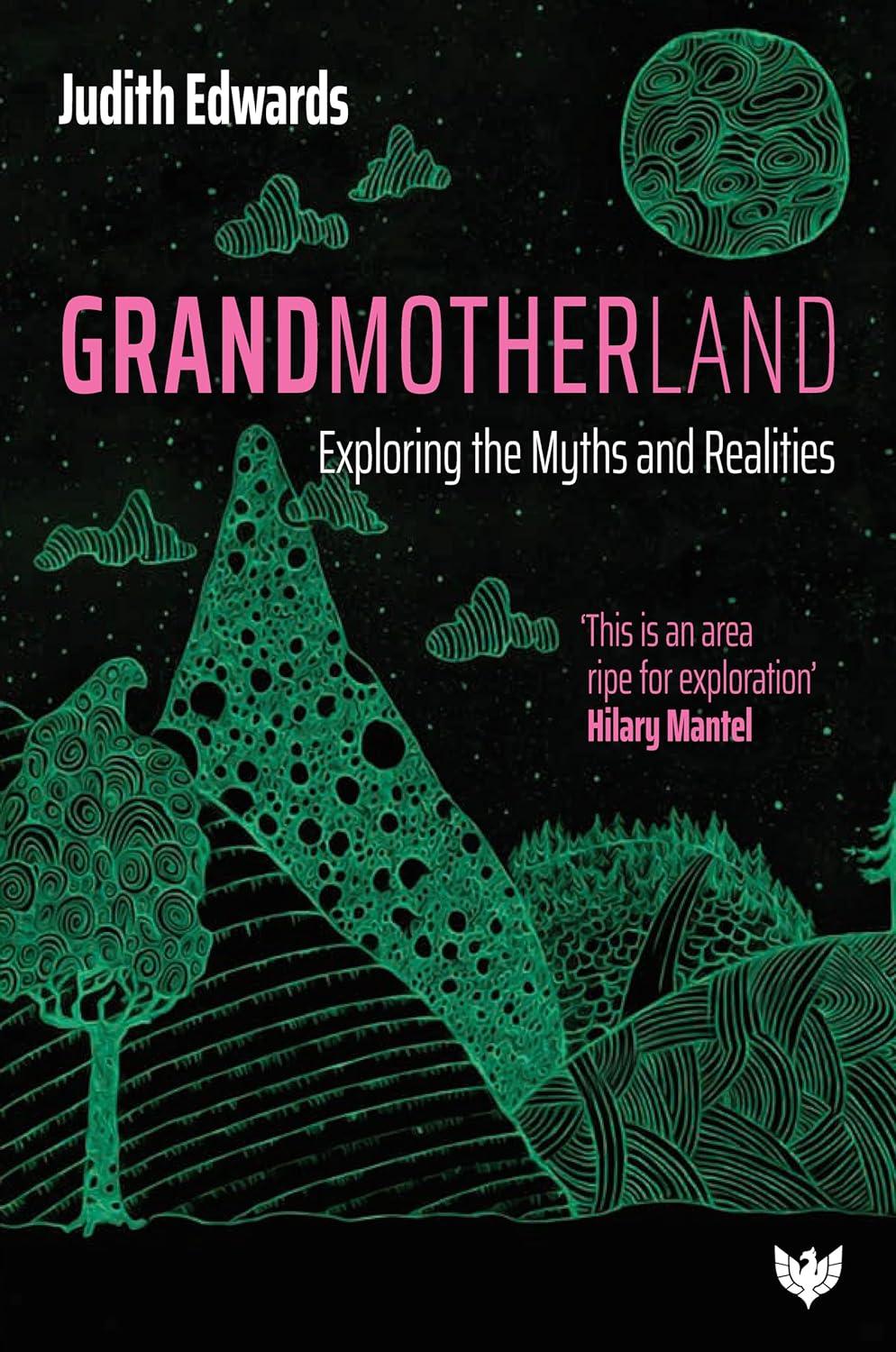Coercion as Cure: A Critical History of Psychiatry

Book Details
- Publisher : Transaction
- Published : 2007
- Cover : Hardback
- Category :
Individual Psychotherapy - Category 2 :
Clinical Psychology - Catalogue No : 26539
- ISBN 13 : 9780765803795
- ISBN 10 : 0765803798
Also by Thomas Szasz
Our right to drugs: The case for a free market
Price £17.95
Free UK Delivery over £25
There are currently no reviews
Be the first to review
Understanding the history of psychiatry requires an accurate view of its function and purpose. In this provocative new study of this nominal medical specialty, Szasz challenges conventional beliefs about psychiatry. He asserts that, in fact, psychiatrists are not concerned with the diagnosis and treatment of bona fide illnesses. He contends that the truth about psychiatry, its self-evident ends, and the means used to achieve them is sociallly unacceptable. Psychiatric tradition, social expectation, and the law make it clear that coercion is the profession's determining characteristic. Psychiatrists may "diagnose" or "treat" people without their consent or even against their clearly expressed wishes. Voluntary and involuntary psychiatric interventions are as different as are sexual relations between consenting adults and the sexual violence we call "rape." Sometimes psychiatrists deal with voluntary patients. It is necessary, however, not merely to distinguish between coerced and consensual psychiatry, but to contrast them. The term "psychiatry" ought to be applied to one or the other, but not both. As long as psychiatrists and society refuse to recognize this, there can be no real psychiatric historiography. The coercive character of psychiatry was more apparent in the past than it is now. The asylum inmate was incarcerated against his will. Insanity was synonymous with unfitness for liberty. Toward the end of the nineteenth century, a new type of psychiatric relationship developed, consisting of persons experiencing so-called "nervous symptoms," seeking help from the family physician or a specialist in "nervous disorders." This led psychiatrists to distinguish between two kinds of mental diseases: neuroses and psychoses. Persons who complained of their own behavior were classified as neurotic, whereas persons about whose behavior others complained were classified as psychotic. The legal, medical, psychiatric, and social denial of this simple distinction and its far-reaching implications undergirds the house of cards that is modern psychiatry. This is the most important book on this subject by Szasz since his landmark "The Myth of Mental Illness".
About the Author(s)
Thomas Szasz is professor emeritus of psychiatry at the State University of New York Upstate Medical University in Syracuse, New York. His books include Law, Liberty, and Psychiatry, The Manufacture of Madness, Ideology and Insanity, Ceremonial Chemistry, The Myth of Psychotherapy, Psychiatry, and The Medicalization of Everyday Life.
Customer Reviews
Our customers have not yet reviewed this title. Be the first add your own review for this title.
You may also like
Sex in the Brain: A Neuropsychosexual Approach to Love and Intimacy
Janice Hiller
Price £17.09
save £1.90









